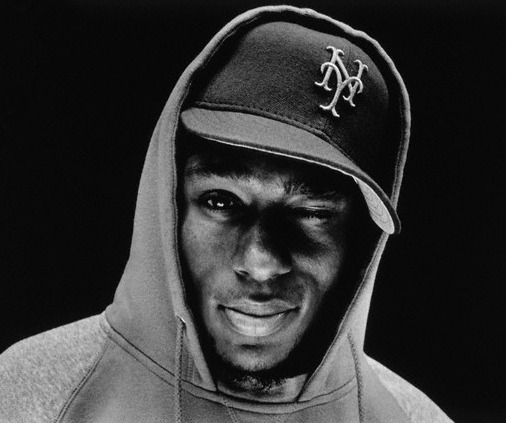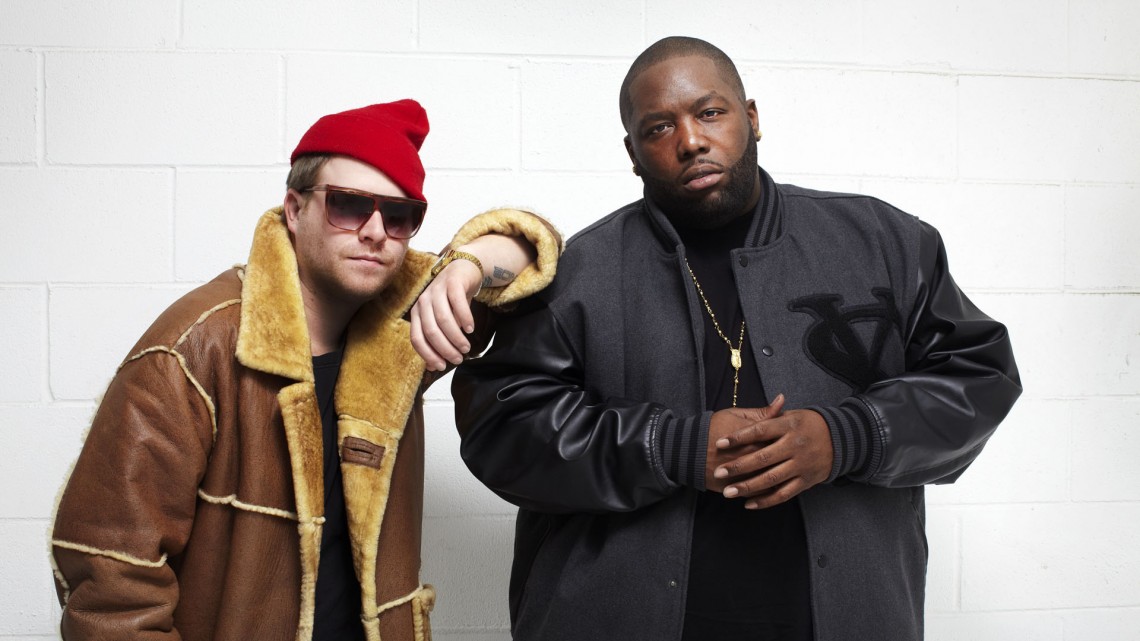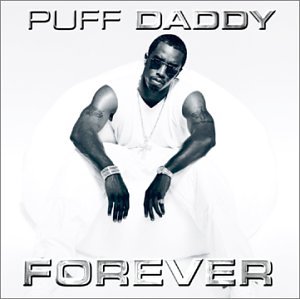Call me Yasiin…
Last Friday, the Internet was hit with new material from Mos Def. Not Yasiin Bey, the artist formerly known as Mos Def, but Mos Def himself. The track, entitled Sensei On The Block, was produced by Ski Beatz; it was off the hook, and felt like some real, classic Mighty Mos of old. But like many others, the whole release was overshadowed by the name: I couldn’t help but focus on the name Mos Def. Since he changed his stage name to Yasiin Bey back in 2012, he has been fairly adamant about making sure people got it right. So it really shouldn’t have come as any surprise when he released the below video statement that “whatever reports that you’ve heard that I’m returning to the name Most Def are false, and any music that’s been released under that name recently is without my consent, my knowledge.”
Honestly, Mighty Mos is always going to be Mighty Mos to me, and if his new album comes out under Yasiin Bey – and this thought pains me – I will probably change the name of the album artist in my iTunes, so that all his work stays together.
More so than any other music genre, rappers get particularly creative – and fluid – with their stage names. So perhaps this gives them more license to change them at will. Rarely do you find a rapper with an organic moniker – most have self-given names, with a few exceptions including Lil’ Bow Wow, a stage name given to Kid Gangsta by Snoop Dogg. But even Bow Wow eventually dropped the ‘Lil’’ when he felt himself fully grown.
Rappers over the years have changed their names for a number of different reasons. Some have done it to signify growth, be it physical or spiritual. Others have done it to appeal to a larger audience – Killer Mike, for instance, was best known for the biting social commentary which made him an underground favourite. But after linking up with T.I., Killer Mike decided to change his name to Mike Bigga. Apart from a clear rhyming advantage, not a great name overall – but Mike apparently felt his previous name was not mainstream marketing-friendly. The new name just didn’t catch on, though. The Mike Bigga name was eventually dropped completely when he teamed up with underground rap stalwart El-P (short for El Producto, real name Jaime Meline) for his critically acclaimed album R.A.P. Music in 2012. The two have since formed duo Run The Jewels and have become one of the most popular acts on the independent scene today.
This strategy worked pretty well though for Tity Boi, who, similar to Killer Mike, changed his contentiously derogatory name to 2 Chainz in 2011, and is doing pretty well by it. At least he had good reason – does anybody remember when Gucci Mane wanted to change his name back in 2013? The new rap name he settled on was Guwop. Gu-what? Needless to say, awful idea. Fortunately, thousands of Gucci’s Twitter followers pleaded with him not to change his name and, within half an hour, he changed it back. A win for social media.
Unfortunately, not all rappers in this situation have made the right call, and there have been plenty of others who have changed their names to something ridiculous and not changed it back. Case in point: Sean Combs, original rap name “Puff Daddy”, has had numerous name changes and even a clothing label under ‘Sean John’. He changed his rap name to P. Diddy in 2001 to try and distance himself from his 1999 club shooting. Regardless of the reason, P. Diddy has got to be one of the weakest rap names of all time. Puff Daddy at least has something of a pimp vibe – a real player, you might think. P. Diddy, on the other hand, gives off a G-rated cartoon vibe. Not exactly cool in the gangster world of rap music. Clearly, he eventually noticed this, and he dropped the P. leaving it just ‘Diddy’. Slightly better, but it still kinda reminds us of Diddy Kong. A few reincarnations removed from his original, sweeping past ‘Swag’ for a week on the way, he now goes by ‘Puff Daddy’ again. He recently tweeted that he had always been Puff Daddy. Whatever helps you sleep at night.
Snoop Dogg is an interesting case. His rap name seems to have been organically chosen, as he was nicknamed ‘Snoopy’ as a boy. He successfully axed the middle name ‘Doggy’ from his name years ago, so when he announced a change to ‘Snoop Lion’ (press conference below), it seemed unnecessary, and frankly, dumb. I guess he was taking the author’s approach to genre switching, in the vein of J.K. Rowling choosing non de plume Robert Galbraith to make the ‘anonymous’ switch to crime fiction. Snoop decided on the change while in Jamaica recording with Diplo; he tells the story of visiting a Rastafarian temple, where he was stared down by a priest who told him he was ‘the dog’ no more: “You are the light. You are the lion.” He further reasoned that he has conquered rap, a fact which no reasonable person can deny.
2Pac’s name change came late in the game for him, and similar to Puff Daddy’s, was supposed to draw attention away from a criminal charge. In 1995, he was convicted of sexual assault and during his 18-month incarceration, he studied political philosophy, notably Sun Tzu’s The Art of War and Niccolò Machiavelli’s The Prince. Upon his release, he officially changed his recording name to Makaveli for his last album, Killuminati: The 7 Day Theory. Unfortunately, we never got the chance to see if this would have been successful for him as he was killed before the album was released. We also don’t know if he would’ve continued to release music as Makaveli, or if it was a one-off for the remarkably dark, dense album.
Bonus fact: Niccolò Machiavelli wrote about faking his own death to fool his enemies, which is the primary reason that some fans think 2Pac is still alive.
Members of The Wu-Tang Clan each have had at least five different names (listed in detail in The Rza’s Wu-Tang Manual). They even have a Wu-Tang Clan name generator made famous by Childish Gambino, the name randomly generated for rapper/actor Donald Glover (although he’s now saying he wants to change his name too). Even our boy Earl Sweatshirt is struggling with his identity, saying he’s “finna change [his] rap name.”
So what is really in a name? There seems to be an obsession with rappers re-inventing themselves, not by genre or style or even flow, but simply by their name. Does it affect how we see them, or how popular their music is?



